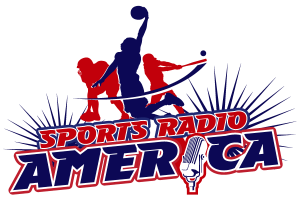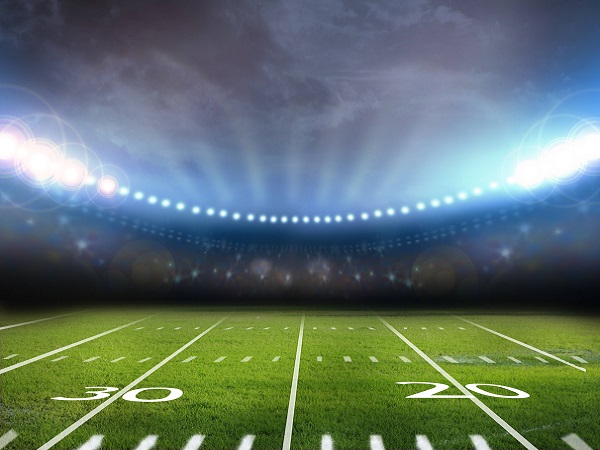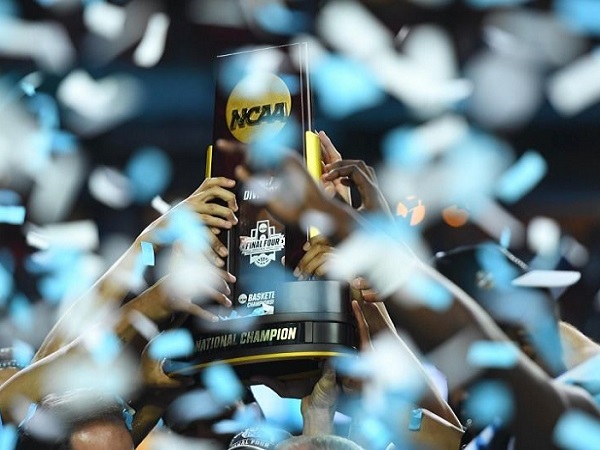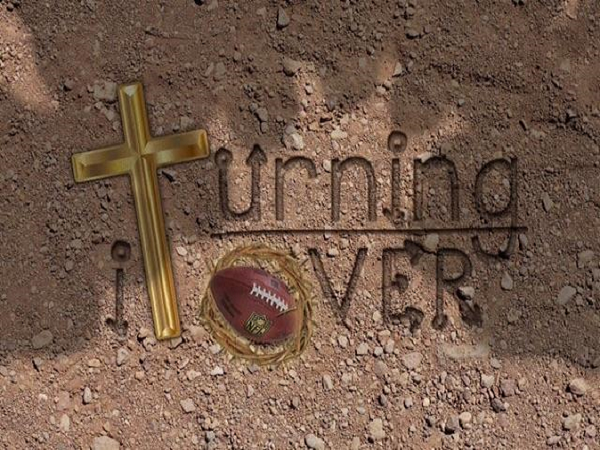The debate between the players who play, the National Collegiate Athletic Association (NCAA) who govern the players and member institutions, and the professional sports leagues who draft and pay the players continues. Namely, what is the best process for students who play a high school or collegiate sport to enter into the professional ranks. Here are three solutions that if implemented simultaneously would help to provide a solution to the debate.
1. All Prospects have a Choice
The National Basketball Association (NBA) has changed its one-and-done rule, which means that prospects will be able to go pro sooner. The NBA has simultaneously strengthened its G-League programs, but nearly all of its prospects still come from the NCAA or overseas. The National Football League (NFL) does not have a minor league and nearly all of its prospects come from the NCAA. However, the arrival of the XFL, AAF, and Pac Pro League, if successful, may provide prospects with the opportunity to play professional without having to go through the NCAA to get to the NFL.
Major League Baseball (MLB), the National Hockey League (NHL), and Major League Soccer(MLS) all have established minor league systems and most of its players come through that path. The point here is the freedom of choice. The players with the biggest gripe against the professional sports leagues are those that require the players to enter the NCAA to give them a shot at the professional ranks, specifically the NFL and NBA. By removing the requirement to go through the NCAA, while giving students who play sports a choice, get an education and play a sport or go pro immediately, it at least allows the freedom of choice to decide one’s future.
2. All Member Institutions must Give
The University of Oregon recently signed a second sponsor in Fanatics on top of its first sponsor, Nike. The deal is for $25 million. Many other universities have signed similar deals, while university sports conferences have signed massive television rights deals. The NCAA has received unwarranted blame for not allowing student-athletes to play a professional sport immediately as it is the professional sports leagues who set the rules, not the NCAA. That being said, the NCAA (through March Madness mostly), the member institutions (universities), their athletic conferences, and the Bowl Selection Committee have benefitted from the relationship and the rules. There is nothing wrong with making a profit and it should be encouraged, but those monies should be earmarked at least partially for student scholarships, community giving, university expansion (and not just sports facilities), as well as trust funds and 401k’s for students who play a sport while studying because it is those same students who provide the underlying value at least partially to the product consumers are watching on the field.
3. All Leagues must Provide a Minor League
The MLB, NHL, and MLS all have established minor league systems that provide great entertainment to local communities and professional development opportunities for players to go pro. This makes sense because each individual should have the freedom to choose between what career path he/she takes. There is also an argument that has been made to increase the pay of minor league players, but at the least it is a choice the student-athlete makes, get an education and go pro or go through the minor leagues. That choice does not currently exist with the NFL, but may soon with the introduction of new football leagues. The NBA will soon offer a choice. The MLB, NHL, and MLS already offer a choice.
With freedom, giving, and opportunity, there may just be time for less debate and more solutions.
























